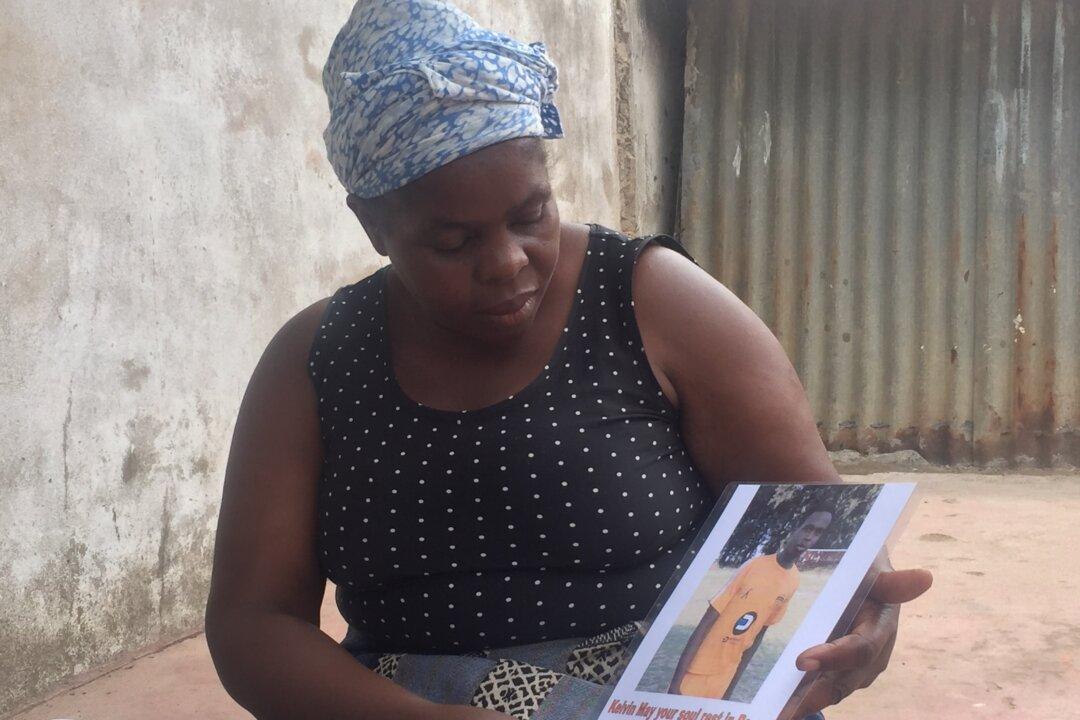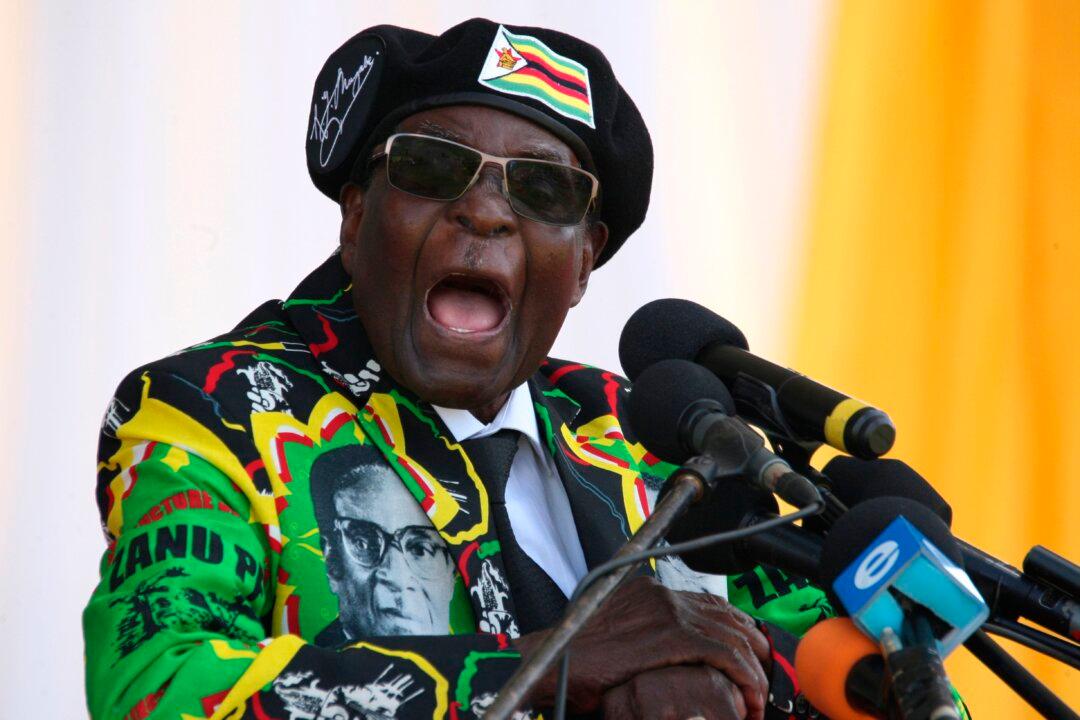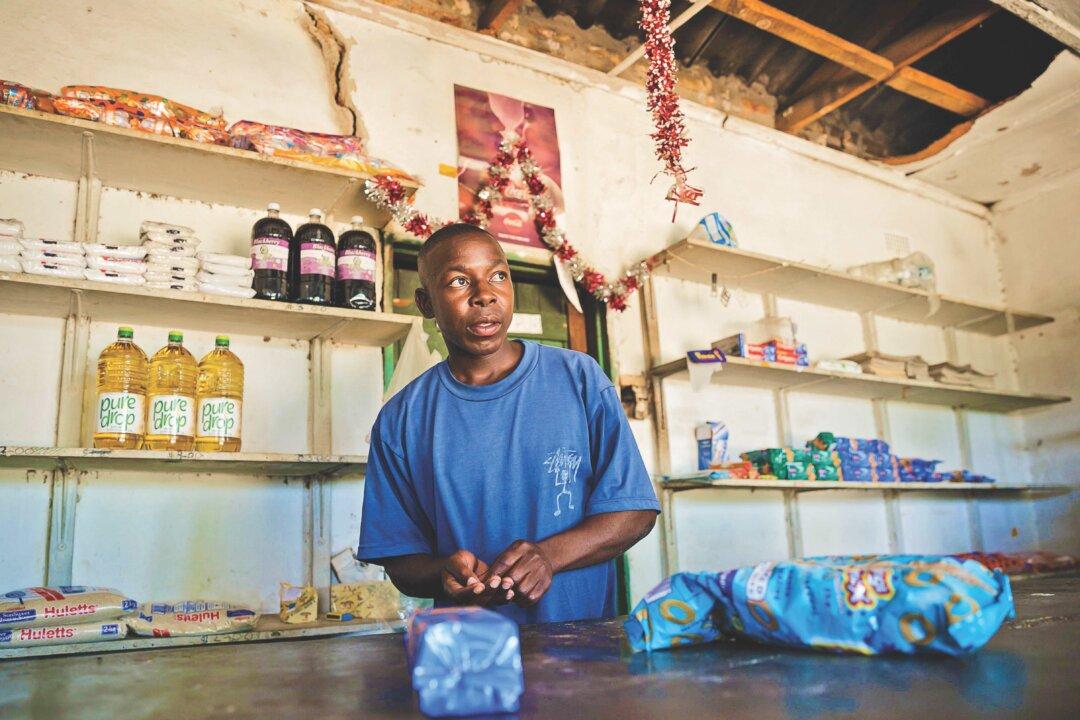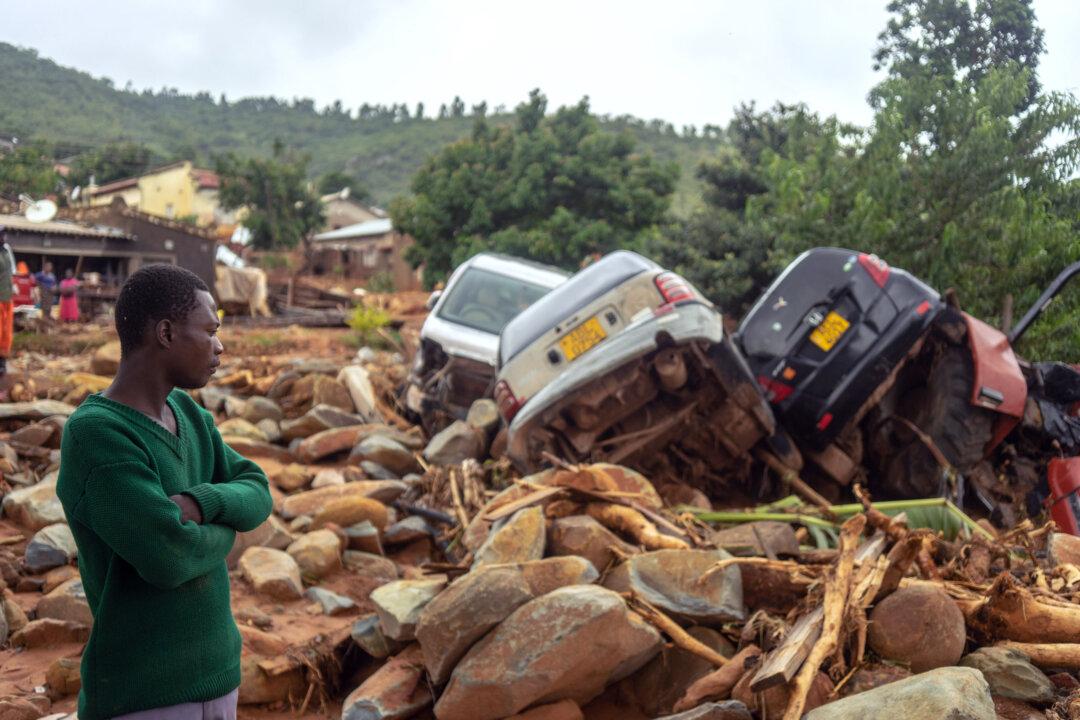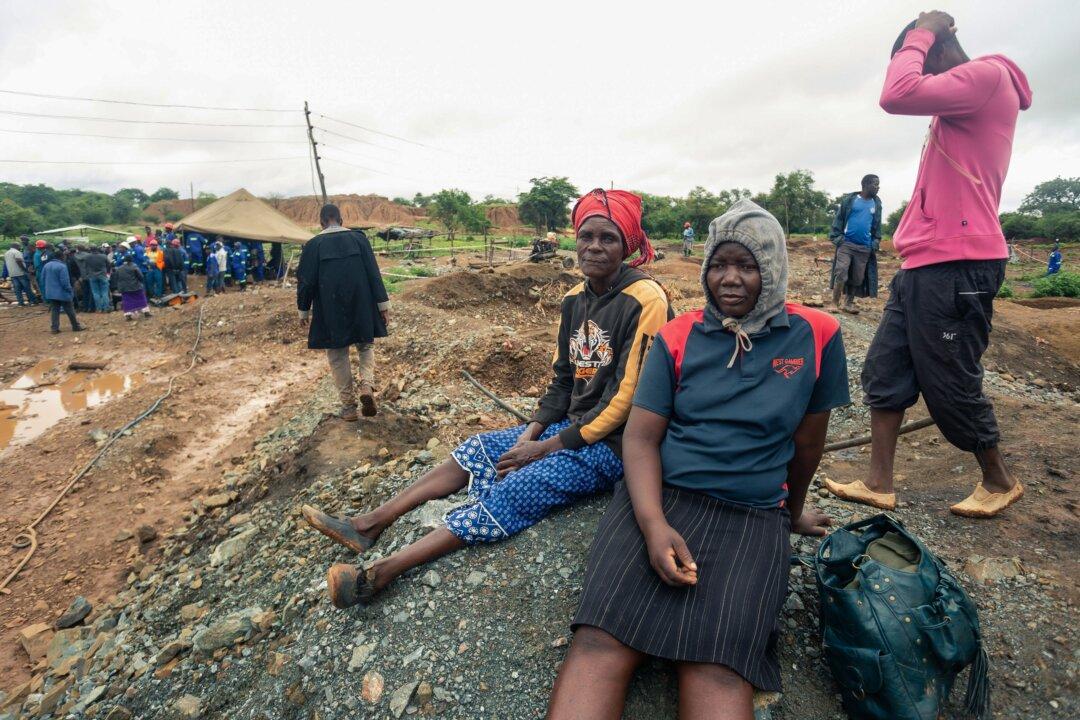HARARE, Zimbabwe—Sitting on the cracked floor of a now demolished structure outside her home in Harare, Ellen Juru couldn’t hide her grief as she stared at a photograph of her son clad in soccer attire.
Tinashe left home after breakfast that morning and headed to the nearby community shops to hang out with friends.
